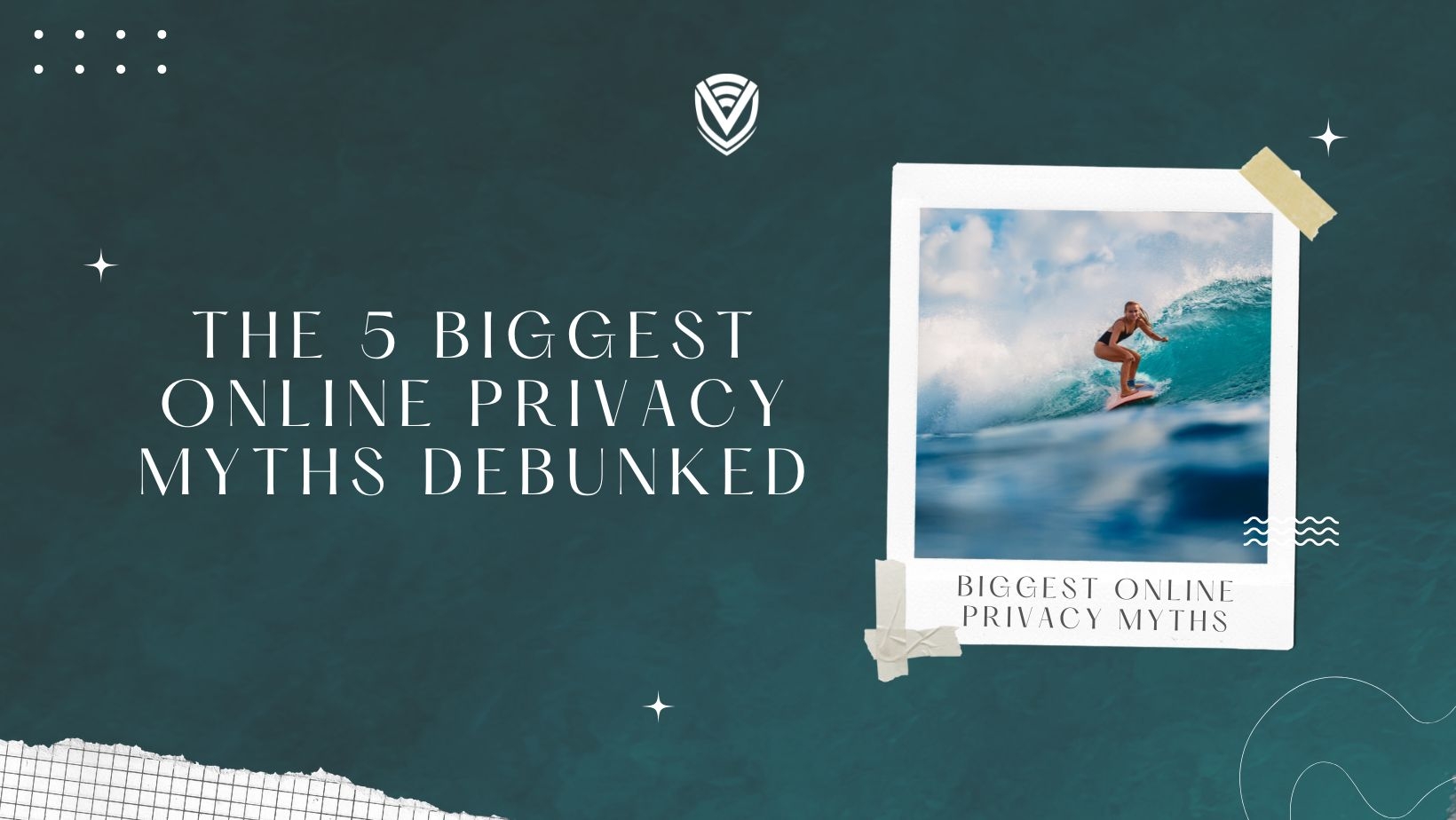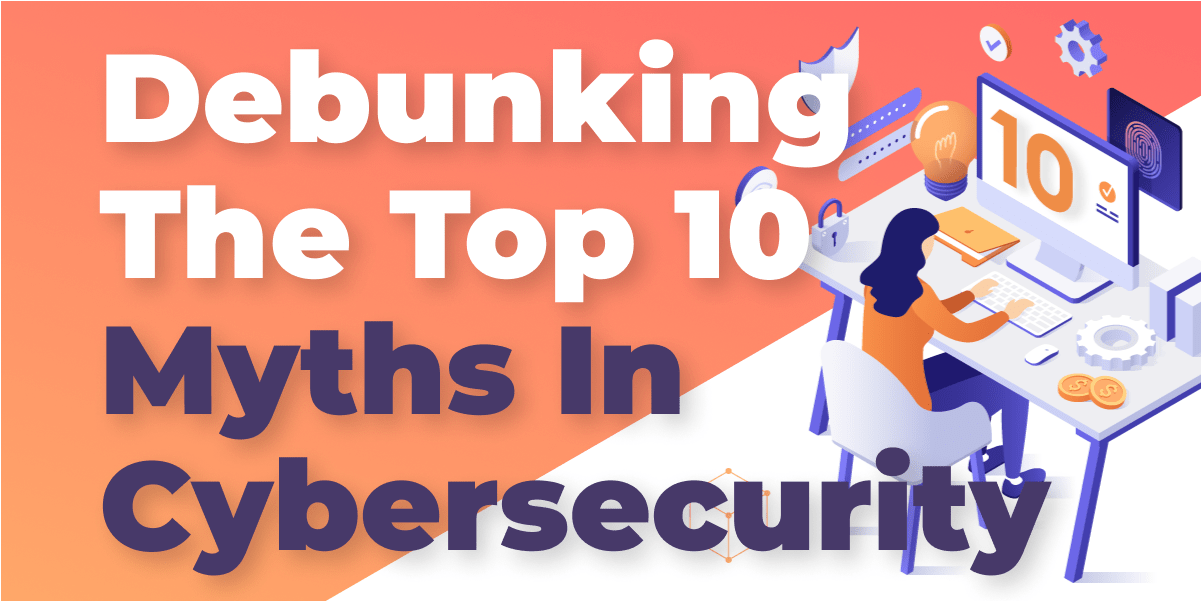In an era dominated by digital interaction, the concept of online privacy often feels like a nebulous and misunderstood territory. Millions navigate the internet daily, operating under assumptions about their data security and anonymity that, when scrutinized, prove to be far from the truth. This widespread misunderstanding creates vulnerabilities, empowers data exploiters, and ultimately diminishes individual control over personal information. It is crucial, therefore, to strip away the layers of misconception and present the unvarnished facts about what genuinely constitutes online privacy.
Editor's Note: Published on October 26, 2023. This article explores the facts and social context surrounding "top 10 online privacy myths debunked".
Origins and Persistence of Digital Misconceptions
Many common online privacy myths stem from a combination of marketing rhetoric, technical complexity, and a natural human tendency towards optimism regarding personal safety. Early internet culture, particularly in its nascent commercial stages, often downplayed the data collection implications of its "free" services. As technology advanced, the intricacies of data flowfrom internet service providers (ISPs) to social media platforms, advertisers, and third-party data brokersgrew exponentially, outpacing public understanding. This knowledge gap became fertile ground for misconceptions to take root, perpetuated by anecdotal evidence and incomplete information.
"The biggest threat to online privacy isn't malicious hackers; it's often the willful ignorance or passive acceptance of users regarding how their data is collected and utilized by legitimate services." A leading cybersecurity expert.
The Illusion of Anonymity
Perhaps the most pervasive myth is the belief that using "Incognito" or "Private Browsing" mode renders a user anonymous. While these modes prevent local storage of browsing history, cookies, and site data on the device, they do not mask a user's IP address from their Internet Service Provider (ISP), the websites visited, or network administrators. Similarly, the idea that a Virtual Private Network (VPN) makes one untraceable is often overstated. A VPN encrypts traffic and routes it through a remote server, obscuring the user's IP from the visited website. However, the VPN provider itself can potentially log user activity, and sophisticated state-level actors may still possess the means to de-anonymize traffic. The effectiveness of a VPN is entirely dependent on the provider's logging policies, security protocols, and geographical jurisdiction.

